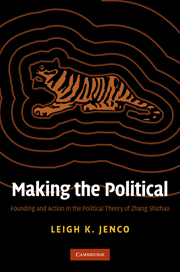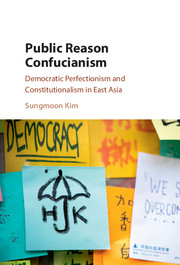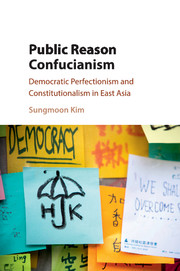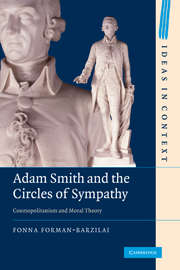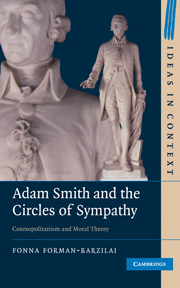Making the Political
Democratic political theory often sees collective action as the basis for non-coercive social change, assuming that its terms and practices are always self-evident and accessible. But what if we find ourselves in situations where collective action is not immediately available, or even widely intelligible? This book examines one of the most intellectually substantive and influential Chinese thinkers of the early twentieth century, Zhang Shizhao (1881–1973), who insisted that it is individuals who must ‘make the political' before social movements or self-aware political communities have materialized. Zhang draws from British liberalism, democratic theory, and late-Imperial Confucianism to formulate new roles for effective individual action on personal, social, and institutional registers. In the process, he offers a vision of community that turns not on spontaneous consent or convergence on a shared goal, but on ongoing acts of exemplariness that inaugurate new, unpredictable contexts for effective personal action.
- The first Western book to analyze the work of Zhang Shizhao, who has been increasingly recognized as among the most important and influential thinkers of early twentieth-century China
- Uses Zhang Shizhao as a lens through which to assess and advance contemporary democratic debates in political theory
- Examines a large range of primary and secondary material in Chinese, allowing readers to use Chinese thought in order to guide theory
Reviews & endorsements
“The account of political founding in Making the Political is of great significance today: Zhang Shizhao’s insights speak to the dilemmas of those faced with collapsing or unstable polities, and lessons from his work challenge fundamental themes in political theory. Equally important, Jenco’s method – careful scholarship based on the Chinese sources combined with a dynamic use of contemporary theory to interrogate and amplify Zhang’s arguments – makes the book a model for future, globally informed theorizing.”
Stephen C. Angle, Wesleyan University
“This is an original and important piece of work that addresses a range of debates in political theory today relating to political agency, democratization, and the construction of political community. Leigh Jenco brings distinctive perspective to these questions and fruitfully models the practice of comparative political theory. In both its substance and its methods, the book breaks new ground.”
Sharon R. Krause, Brown University
“Leigh Jenco’s book is a refreshing addition to the fields of political theory and Chinese studies… Jenco’s book is illuminating in its dealing with the thorny problem of how to establish democracy in countries in crisis. The breadth of the tasks performed, ranging from closely interpreting Zhang’s essays, all written in Classical Chinese, to surveying intellectual debates in China in the period between the fall of the empire and the rise of communism, to engaging with contemporary Western political theory, makes for a very rich and stimulating read.” -Loubna El Amine, Princeton University, Dao: A Journal of Comparative Philosophy
Product details
May 2010Adobe eBook Reader
9780511741074
0 pages
0kg
This ISBN is for an eBook version which is distributed on our behalf by a third party.
Table of Contents
- Part I. Introduction:
- 1. Making the political
- 2. Zhang Shizhao and his world
- Part II. Founding:
- 3. The founding paradox
- 4. 'Rule by man' and 'rule by law'
- 5. Public, private, and the political
- Part III. Action:
- 6. Self-awareness
- 7. The self-use of talent
- 8. Accommodation
- Conclusion: a return to beginnings.

